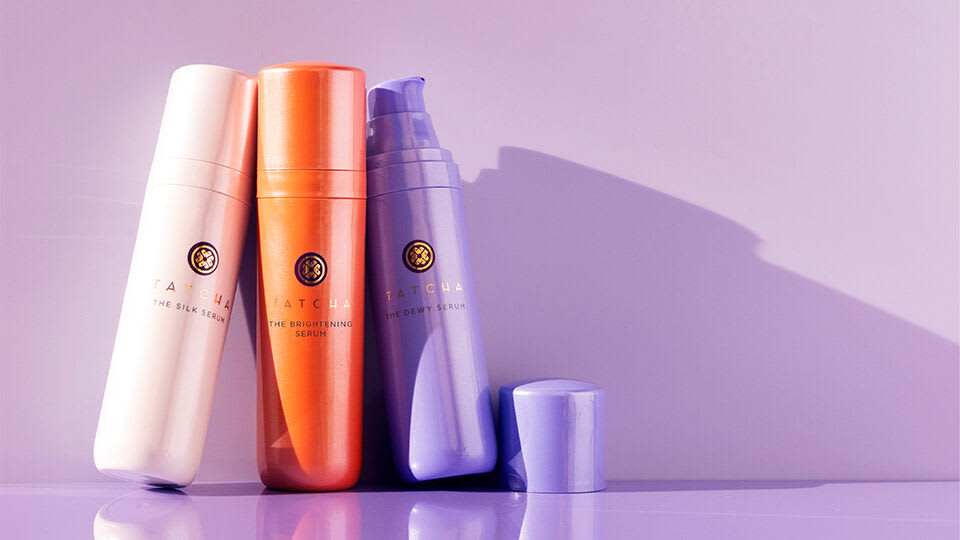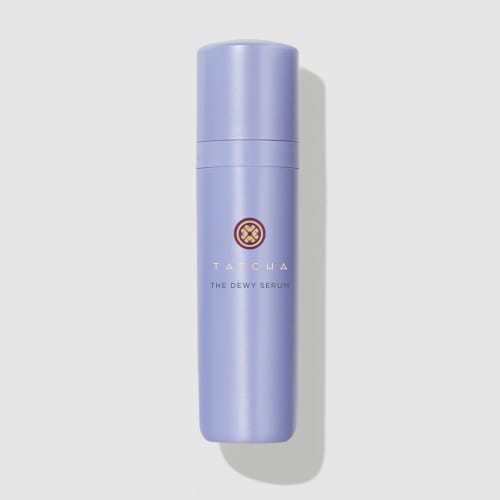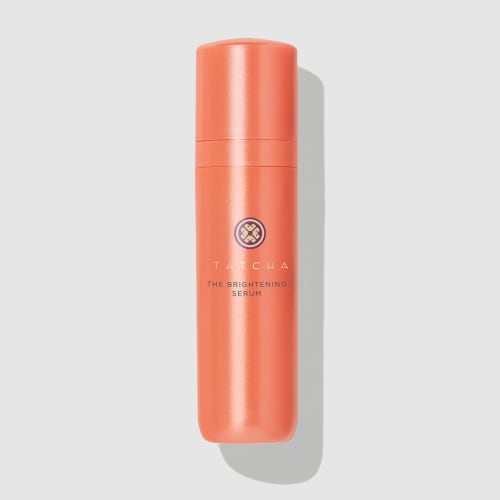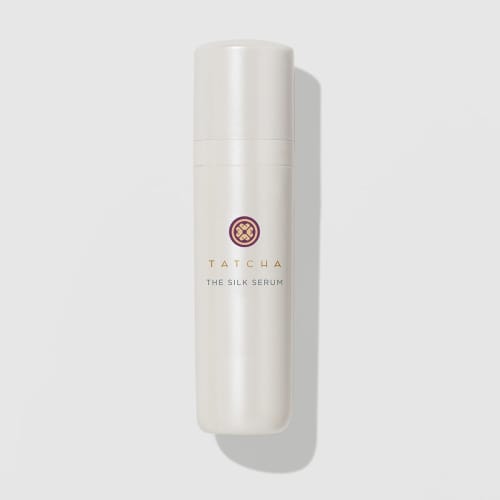Nighttime is when our skin repairs itself—and a good serum helps the job along. Your skin type, age, and general skin goals are the three important things to keep in mind when choosing the best night serum for you.

A lot can happen in a night. Those dark hours before day breaks provide cover for all sorts of activities, from the seedy to the secret. Mostly, we use them to sleep.
Sleep is one of the most important parts of human health. Survivalists believe that we can do up to three weeks without consuming food, but the longest that a person has stayed awake is just over 11 days. When we sleep, our body enters a reparative state that allows its various systems to rest and reorient for the coming day.
Skin is no exception, which is why the topic of nighttime skin care is a big one. While it’s often necessary to exercise morning skin care, including moisturization and daily sun protection, the night provides an even more critical opportunity to help boost the skin’s natural regenerative properties. This is why we see so many different skincare routines for the morning and night. Many night creams, night serums, and even lip balms intended to be worn at night are often heavier-duty formulas than their daytime correspondents. These are uniquely suited to do the extra work necessary to repair your skin barrier while our brains drift to some other place.
A relatively newcomer to the evening lineup, night serums supply skin with concentrated active ingredients capable of maximizing your routine’s morning-after benefits—and your skin’s health over time. So what, exactly, are they?
The role of a serum
You have your lightweight, slippery cleansers, and your thicker, creamier moisturizers. But where do serums fit? The answer is: Right in the middle.
Some serums may take on lighter or heavier textures, but their purpose is not to act as the beginning or end of your skincare routine. According to one dermatology instructor at Harvard Medical School, these oil- or water-based liquids are designed to sink quickly into skin, where they dispense more potent concentrations of targeted skincare ingredients. They live in your routine after a cleanser and toner, but before a moisturizer and sunscreen.
Here, the word “targeted” doesn’t suggest an actual bullseye, but rather a specific skincare concern. While many moisturizers, for one example, support the main shared skin goal of retaining hydration, the best serums are designed for each skin type and promise unique solutions to things like redness, or wrinkles, or hyperpigmentation. This makes them an exciting category, but a difficult one to shop. Not only do you have to choose the right ingredients for the right effect, but you also have to choose the right one for your age and skin type. The options are almost too plentiful. But keeping the traits of your skin in mind can help you narrow things down.
Your skin at night
This is your skin on sleep: Healthy, happy, and hydrated.
This is because our body undergoes a series of reparative processes, all working in harmony, when we sleep. Our brains cycle through the sleep stages that enhance our ability to think when we’re awake, and our bodies deploy various hormones, including those that help our bones and muscles repair. You can imagine your body without sleep like a computer without energy, with less capacity to perform its necessary functions.
Unlike computers, we don’t shut down when our battery is sapped, but many of our body’s processes may be slowed or impaired. Some experts claim that skin “rebuilds” itself at night. One 2015 study drew a direct correlation between poor sleep and high rates of trans-epidermal water loss and decreased skin barrier integrity. But there’s something else that happens when we sleep: Our circulation increases, which is believed can lead to better absorption of skincare products. This has led all kinds of skincare experts, from dermatologists to beauty editors, to extol the virtues of nighttime skincare—and it's why night serums, one of the most potent categories of nighttime skincare, can be especially helpful in reaching your skin goals.
How do I choose a night serum?
You’ll want to talk to your dermatologist or a licensed aesthetician before switching up your routine—they can help diagnose your unique needs beyond your skin type, and point you in the right direction. Your skin type, age, and general skin goals are the three important things to keep in mind when choosing the best night serum for you (though all of us can use these tips to prevent sleep wrinkles from forming). Different ages, for one, typically have different skin properties, which may beg the use of different ingredients. Here’s how to find the best night serum for your age and skin type:
The best night serum for your 20s: Hydrating and moisturizing
In the earliest steps of our skincare journey, we want hydration. Hydration is one of the main building blocks of good skincare, and is typically supported by the use of moisturizers, which create a seal that retains precious water. Many serums carry a hydrating benefit, and are good choices for those who are younger and may not have the specific skincare concerns that come with aging. Some, like Tatcha’s Dewy Serum, are chock full of water-binding hyaluronic acid and provide a plumping effect that makes skin look (and feel) extra juicy. (A dusting of lactic acid also provides a light chemical exfoliation for gentle smoothing.)
The best night serum for your 30s + 40s: Photodamage correcting
The Brightening Serum is a powerhouse product for a few reasons. Not only does it contain a vitamin C derivative shown to fight premature aging and support surface cell turnover, but it also contains exfoliating alpha hydroxy acids from a cornucopia of fruits. Many dermatologists consider one’s 30s to be a transitional period, skin-wise. This is when some signs of aging, from wrinkles to hyperpigmentation, slowly and then all at once begin to show themselves. Much of these symptoms are known as “photoaging,” or aging from UV radiation due to sun exposure. (This is one of the reasons why sunscreen, in addition to being an essential at any age, is one of the best anti-aging products out there.)
The best night serum for your 50s + up: Smoothing and anti-aging
Wrinkles deepen with age, a fact we’re grateful for: It’s a privilege to get older, after all. But for those who wish to impede the process, retinol is a familiar friend. This ingredient, a pure form of vitamin A, is famous for its ability to smooth skin texture and even out skin tone. But retinol also has a reputation for its harshness, which has led to the rise of retinol alternatives like bakuchiol, which carry the same benefits but are gentler on skin. These alternatives inspired The Silk Serum, which draws its power from a combination of cranberry extract and sea fennel that acts on the same factors as retinol to support collagen-depleted skin without the use of drying and irritating vitamin A derivatives. (This duo was proven to act as well as the stabilized retinol on the same biomarkers which help to reduce the appearance of wrinkles and to improve visible firmness by an in-vitro test.*) It’s great for mature skin, but also a lifelong friend that works for any skin type. Don’t forget to bring it to bed.
*Based on biomarkers COL1A1, COL3A1, and ELN




